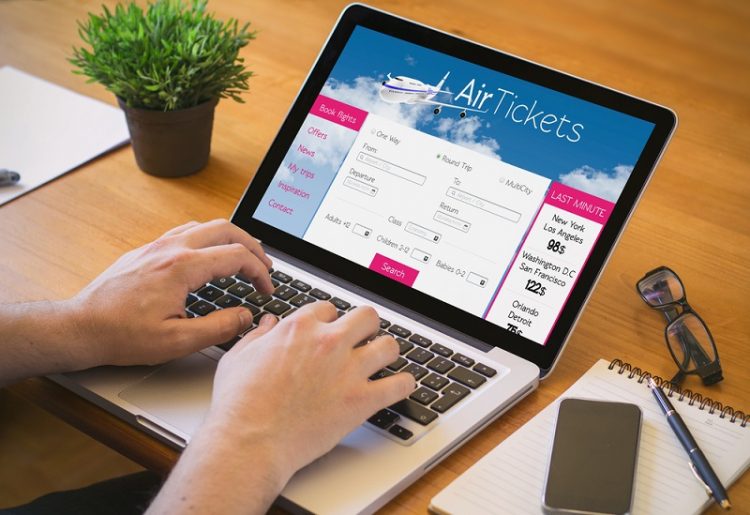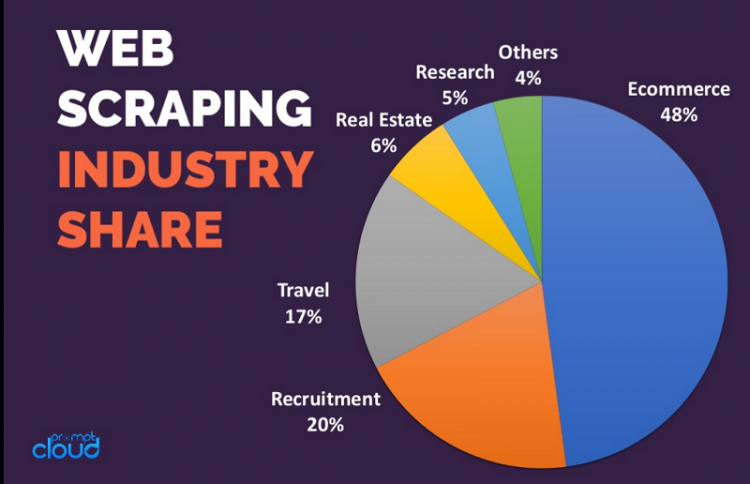The online travel industry has had a rapid growth in the last few years. With every industry shifting their focus to the online space, Online Travel Agencies (OTAs) were bound to grow. Booking bus, train and flight tickets to hotel and resort bookings, online travel agencies now dominate the travel industry. OTAs are expected to grab a majority 52% market share by the end of 2017 in USA alone. Europe already dominates with a 70% of travel bookings originating from OTAs. Without doubt, OTAs now boast of being a one-stop solution for all the travel needs of users. Let’s take a look at some of the emerging trends in the online travel industry.
Mobile and bots for better customer experience
The rising popularity of instant messaging and apps like WhatsApp, SnapChat, Instagram and Messenger has opened up new opportunities for travel companies looking to target younger demographics, especially millennials. We see a rising trend of OTAs engaging with their customer base through these emerging platforms. Along with this, there has been a shift of chat bots from being an experimental feature to a useful tool in improving customer experience. Powered by AI, these bots are trained to answer the travel related queries of potential customers, thus reducing workload for the customer support team. 2017 will see more OTAs integrating chat bots into their website and app.
Virtual reality
Now that virtual reality technologies have gone mainstream and affordable, OTAs should start embracing it. With the option to turn any smartphone into a VR headset, the applications and potential of this technology will only continue to grow and early adopters will reap benefits for sure. KLM airlines did a brilliant demonstration of VR in the last year’s ITB event in Berlin.
Here are some ways OTAs can make use of virtual reality to promote their service and engage with customers:
- Give walkthrough of venues, hotel rooms, and amenities
- Come up with ‘Try before you buy’ scheme using VR
- Arranging virtual visits for conferences, meetings, and weddings
- Option to explore different locations and decide on the next travel spot
VR will definitely be a great tool to assist users in their decision-making process.
Cashless payments are on the rise
The world seems to be slowly moving towards a cashless economy and the it reflects in the OTA domain too. This has had effects on all the major industries, including travel. The rise of digital payments has also helped OTAs in providing a truly seamless customer experience, which is also making positive deviations in their growth graph. In 2017, OTAs will have to step up their game by adding more payment options and supporting more cards/banks to keep up with the pace.
Perfect sync between various sectors of travel
With Online Travel Agencies having almost all aspects of travel covered like booking flights, booking hotels in the destination, renting cars and GPS assisted navigation, the expectation level of customers has certainly been raised. The platforms that provide different technological solutions at one place and in perfect sync are having an edge in this scenario. The new trend in 2017 will be to provide just that – a complete travel solution that has everything covered and in sync with each other.
Personalization using Big Data
Big data has come way past the buzzword phase. Every company, irrespective of the industry vertical they belong to, now use data to understand their customers at a granular level. The availability of data through website and app means a goldmine of valuable insights to improve their business upon. Online Travel Agencies have started making use of this for building recommendation engines and improving customer experience. With competition tightening in the online travel space, many companies have also started working with DaaS providers for pricing intelligence and competitor analysis. Here are some stats from our web scraping industry report.
Online Travel Agencies are the way forward
2017 will mark a clear end for hotels looking to acquire bookings directly from the customers rather than collaborating with online travel agencies. Big hotel chains such as Hilton and Accor tried their best strategies to capitalize on social media and online ads to directly capture the customers, but have failed to do so repeatedly.
Although there has been a lot of friction between hoteliers and OTAs on commission levels and paid search conflicts, OTAs seem to have the final advantage. Hotels have now realized that it’s almost impossible to ignore OTAs and are also starting to get a taste of premium positioning, valuable industry insights and other perks that come with the OTA partnership.
Bottom line
All the trends point at the direction of better customer experience. As the online travel industry has almost reached the saturation point and peak competition, the main focus of companies in this space should be to provide a better customer experience by making substantial use of the newer technological advancements. Big data will make the process easy by providing the necessary information for this optimization.




















